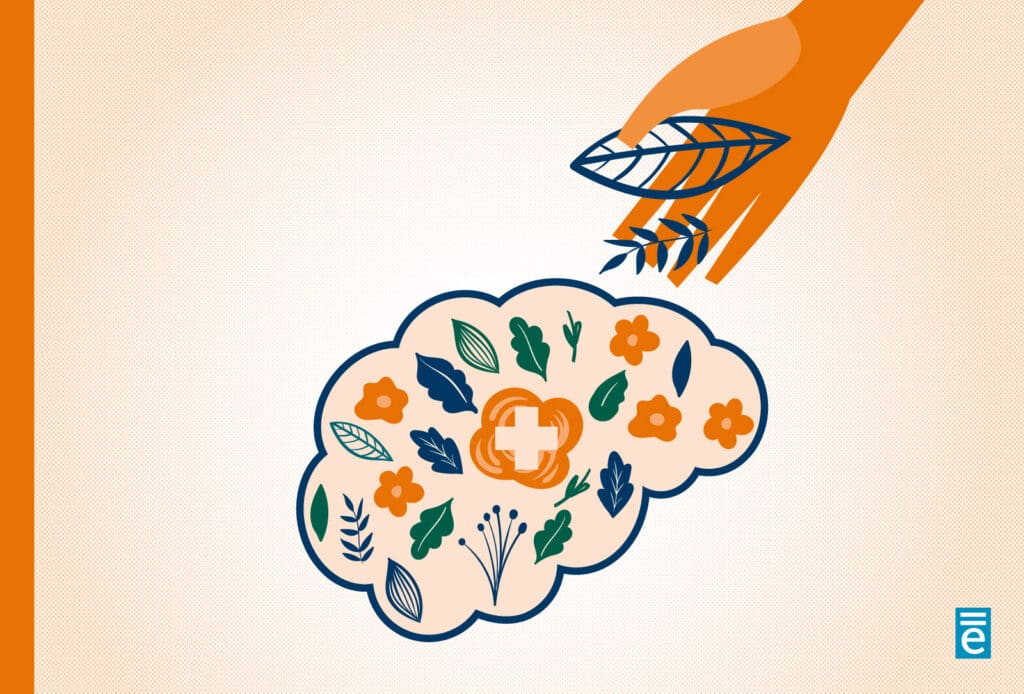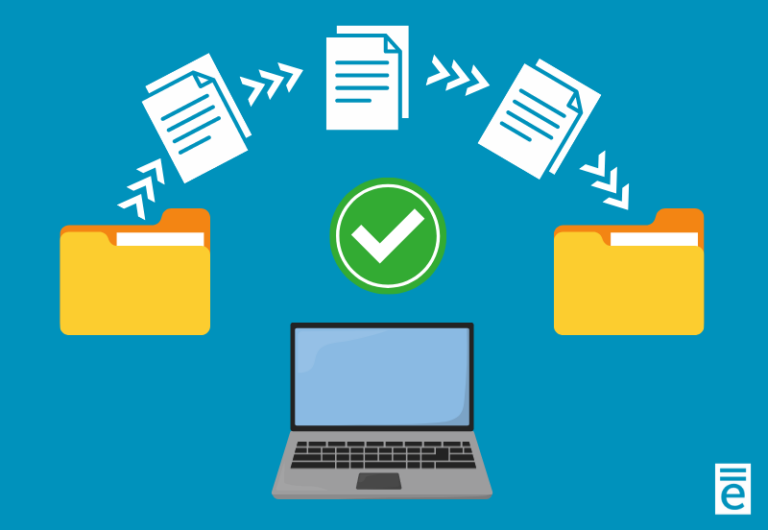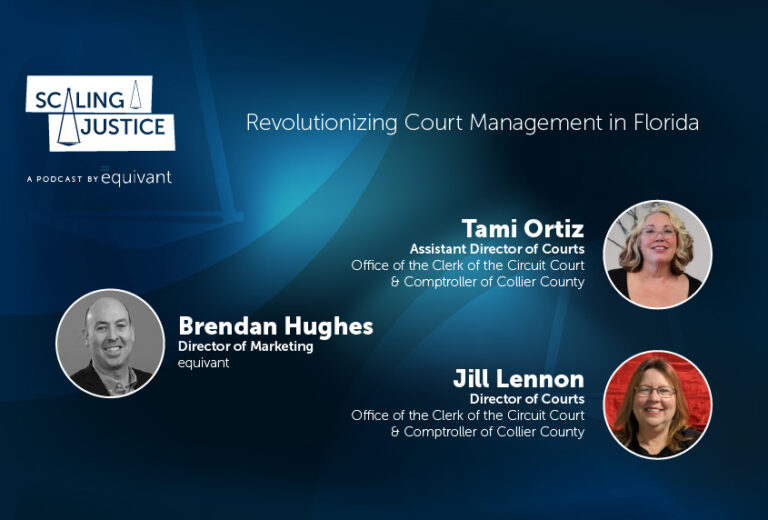Maybe you’re reopening … or you never closed. Maybe your community was hit hard by the coronavirus pandemic … or it’s still being hit. Maybe your team found a way to make it work … or you’re struggling.
Personal illness. Loss of loved ones. Loss of jobs. Loss of childcare. Media scrutiny. Unreliable news. Stress. Pressure. Doing the best you can. Doing too much. Not doing enough.
Wherever you are, stop. Pause. Breathe. Yours isn’t an easy job on a good day, and it’s certainly not easy during an international crisis that’s hitting close to home. In fact, even prior to the recent pandemic, mental health among justice professionals was a serious concern, and now, more than ever, you need to be looking out for yourself and your team.
As you’re working to reopen, reschedule, or ramp up operations, here are a few ways you can help your team stay healthy and do their best work:
Find the right resources. This situation has been unlike any other in your team’s lives. General mental health resources will certainly help, and COVID-19-specific resources can also help address some of the specific stressors your team is feeling. The National Alliance on Mental Illness (NAMI) has a comprehensive guide, and the Council of State Governments (CSG) Justice Center has aggregated some justice-specific information on mental health and other topics. Check with your agency leadership or Human Resources to find out what’s available locally for your team, and get the word out.
Have open conversations. Considering mental health a taboo topic on your team only reinforces the stigma on mental health in our country. Be candid with your team, open the lines of communication, and work to normalize healthy behaviors like seeking help for mental illness. Lead with empathy, and remember that mental health issues are often invisible to others. Even the strongest among us may struggle from time to time.
Maintain structure. Your workflows, processes, and procedures have always been central to your operations, and they’re also a good way to help your team rebalance. Not only do your processes streamline work to help your team focus on what’s important, but they can also be a way to add structure to an unusual time. NAMI recommends maintaining routines as a way to ease anxiety. Keeping your structures in place as much as possible will not only keep operations running smoothly, but may also help your team members get or stay on track.
Give yourself (and everyone else) a break. In the heat of the crisis, your team took things a day at a time, and there’s no reason to expect anything different now. This isn’t “over,” we’re not back to “normal,” and it’s okay to still be stumbling a bit. Do the best you can, ask the same of others, and keep the entire team’s mental health as a top priority.
Most agencies across the country have been pouring considerable time and energy into ensuring inmates, people under supervision, defendants, youth, and other justice-involved individuals have access to the mental health resources they need. Keep it up! And as you do, don’t put your own team’s mental health on the back burner. You all can best serve your community when you’re as healthy as possible.
We’re right there with you. Your team’s health is our priority, too, and we want to make sure you have the right tools in place and can use them effectively to keep your team on track. We’re here to help.




